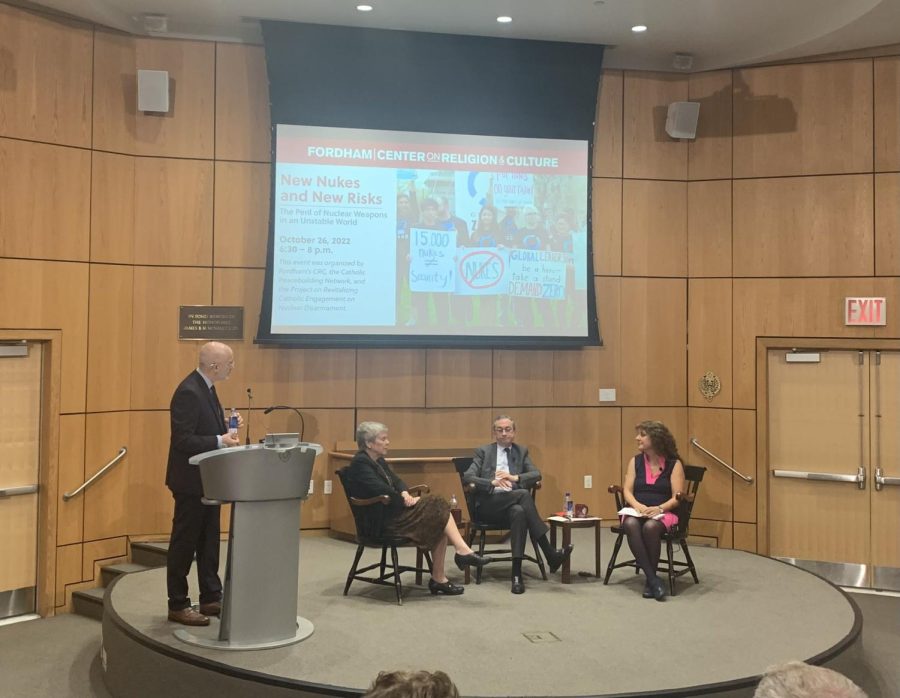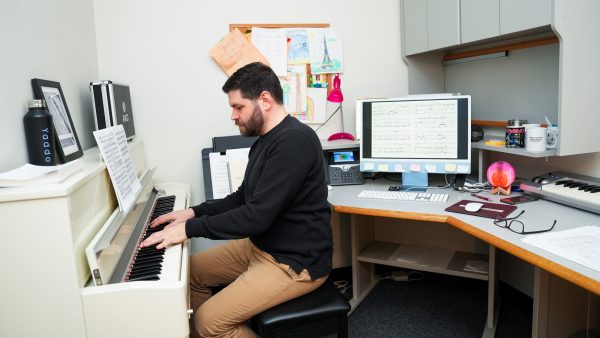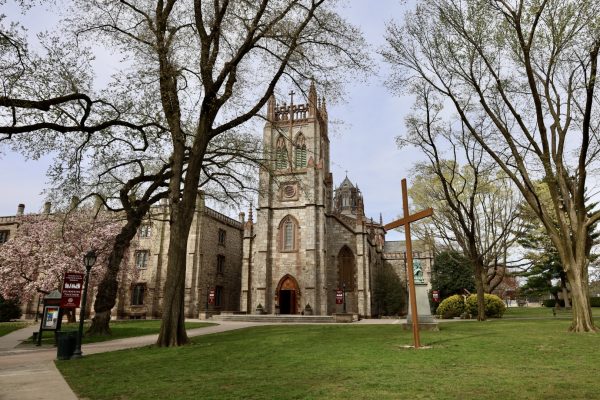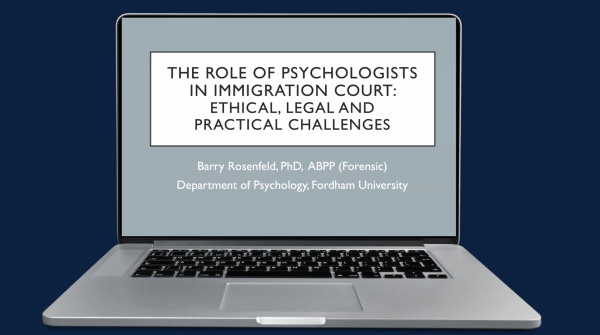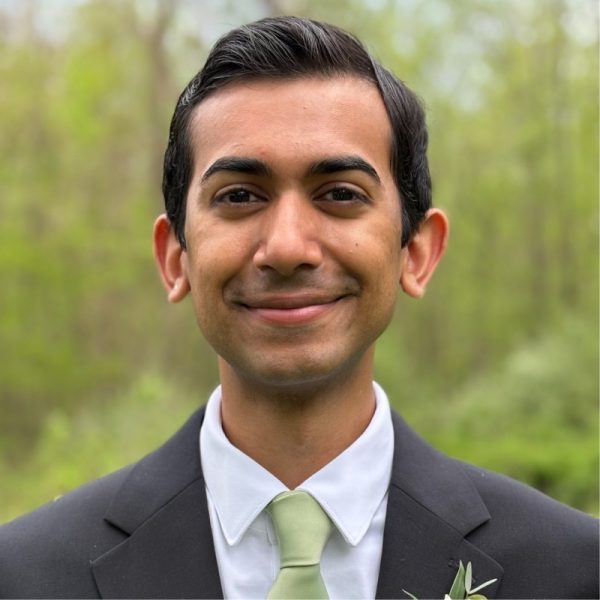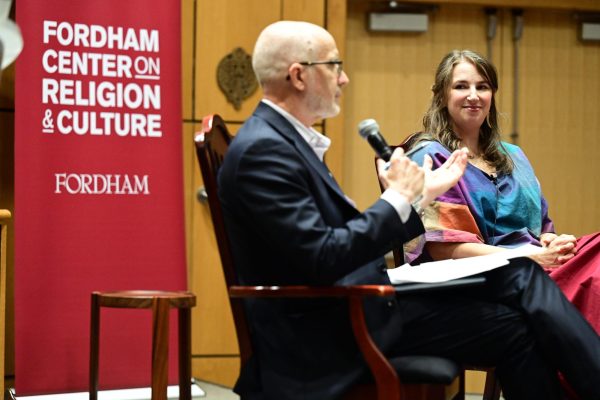Fordham Hosts Event on Nuclear Weapons
“Nuclear weapons are an existential threat to mankind,” said Rose Gottemoeller, former Deputy Secretary General of NATO, in conversation with her fellow panelists and audience.
On Oct. 26, the Center for Religion and Culture at Fordham University held a panel titled “New Nukes and New Risks: The Peril of Nuclear Weapons in an Unstable World.”
The contributors included the aforementioned Gottemoeller, Maryann Cusimano Love, associate professor of international relations at Catholic University of America and Ambassador Juan Manuel Gómez-Robledo, deputy permanent representative of Mexico to the United Nations. The discussion was moderated by David Gibson, director of Fordham’s Center on Religion and Culture.
Gibson spoke first, emphasizing the importance of nuclear disarmament, not only in the eyes of the Catholic Church but for the sake of international order. The proliferation of nuclear weapons poses a severe threat to the sanctity of our world and jeopardizes billions of lives.
On behalf of the Center for Religion and Culture, Gibson gathered the panel in an effort to place a new spotlight on nuclear disarmament in the wake of the ever-escalating Russo-Ukrainian conflict, where Putin has threatened to use nuclear weapons. The former Deputy Secretary General concurred, pointing to the wider issue of potential nuclear warfare, a looming threat since the Cold War. She stated that “the shock of the Cuban Missile Crisis indicated to governments that they needed to participate in multilateral negotiations for disarmament.”
The Cuban Missile Crisis was a conflict between the United States and Soviet Russia during the Cold War. Nuclear war was narrowly avoided thanks to naval officer Vasily Arkhipov, who prevented his crewmates from launching a nuclear attack. This event is largely credited with the rise of the nuclear disarmament movement, which advocates for the destruction of all nuclear weapons across the world.
“Quietly, behind the scenes, the U.S. and Russia have been working to implement a new START treaty,” said Gottemoeller, referring to the Strategic Arms Reduction Treaty that expired in 2009. The United States and Russia possess the most recorded nuclear weapons of any other countries and have historically worked towards disarmament in decades past.
“We have been successful in stigmatizing the existence and eventual use of nuclear weapons,” said Gómez-Robledo. Reflecting on his time contributing and learning in the United Nations, he continued by saying that “non-nuclear states like Mexico” have still contributed to worldwide disarmament through the Treaty of Tlatelolco, which made Latin America a nuclear-free zone.
The Treaty on the Prohibition of Nuclear Weapons (TPNW) was put into force in 2021 by the UN and makes nuclear weapons effectively illegal to produce or use, in accordance with international law.
Cusimano Love, echoing the statements of Gottemoeller and Gómez-Robledo, said that “we have made progress” but there are still things that need to be done — particularly regarding our public policy — if the world is to act according to the Pope’s virtue. Pope Francis has said that a world without nuclear weapons is necessary.
“I believe in the peace builder’s toolkit,” said Cusimano Love, in reference to the Institute of Peace’s ideas to extinguish conflict. There are six pillars: participation, restoration, right relationships, reconciliation and sustainability.
The first, participation, requires states to be willing participants and advocates of disarmament. Restoration seeks to rebuild the world around the concepts of nuclear-free zones and compassionate justice. “Right relationships” are a matter of dignity — not just for the United Nations’ P5 — but for smaller, weaker states and those without nuclear weapons. Reconciliation, though daunting to some, “is not impossible” according to Cusimano Love. It is about public acknowledgement of failures, violence and restoring relationships from the ground up. Finally, sustainability — “a peace that lasts,” said Cusimano Love.
Events such as the cleanup of nuclear testing sites in Kazakhstan points to progress. The entire global community must be willing to participate, and common ground amongst those who have nuclear weapons needs to be achieved for the vision of a nuclear-free world to come to fruition.
“You don’t wait until times are good to do peacebuilding,” said Cusimano Love. “We must imagine a world which includes your enemies.”
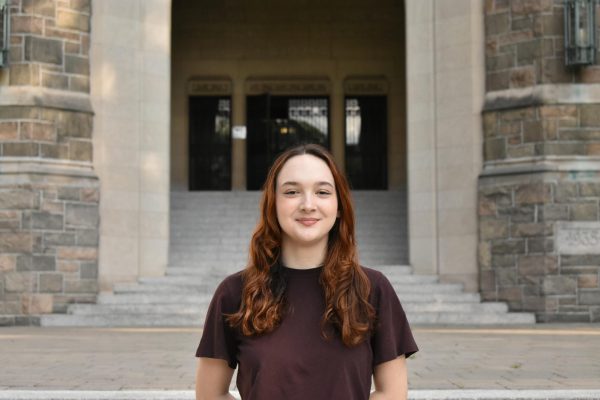
Samantha “Sam” Minear is a senior from Long Branch, N. J., majoring in international studies and communications. She started as a contributing writer...





































































































































































































